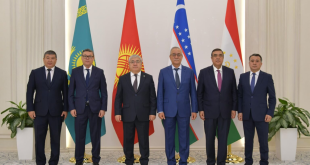KABUL — Germany is stepping up its diplomatic caution and criticism toward the Taliban’s regime in Afghanistan, amid growing concerns over the country’s deteriorating human rights and humanitarian situation. German Foreign Minister Johann Wadephul, speaking from Vienna on Thursday, made it clear that Berlin’s engagement with the Taliban remains strictly limited to technical contact, with no formal recognition or political dialogue.
“There are serious concerns about the humanitarian situation in Afghanistan, particularly the worsening conditions for women and girls,” Wadephul said. “As the federal government, we will continue to make these concerns clear to the Taliban’s de facto regime.”
The statement comes as the Taliban’s harsh restrictions on women’s rights and freedoms continue to draw international condemnation. Since taking power, the group has imposed severe limits on female education, employment, and public life, raising alarms across Europe and the West about the future of Afghan society.
Meanwhile, Germany faces a challenging dilemma balancing human rights advocacy with migration management. Earlier this month, Germany’s Interior Minister signaled intentions to negotiate directly with the Taliban to establish a framework for receiving Afghan migrants deported from Germany. This move underscores the complexity of engaging with a government widely criticized for repression while addressing urgent migration pressures.
Germany’s firm but cautious approach highlights the broader struggle in Europe to respond effectively to Afghanistan’s crisis without legitimizing the Taliban government, while also managing growing migration flows. Western capitals continue to watch closely how Berlin and others navigate these competing priorities in the months ahead.
 Afghanistan Times
Afghanistan Times




